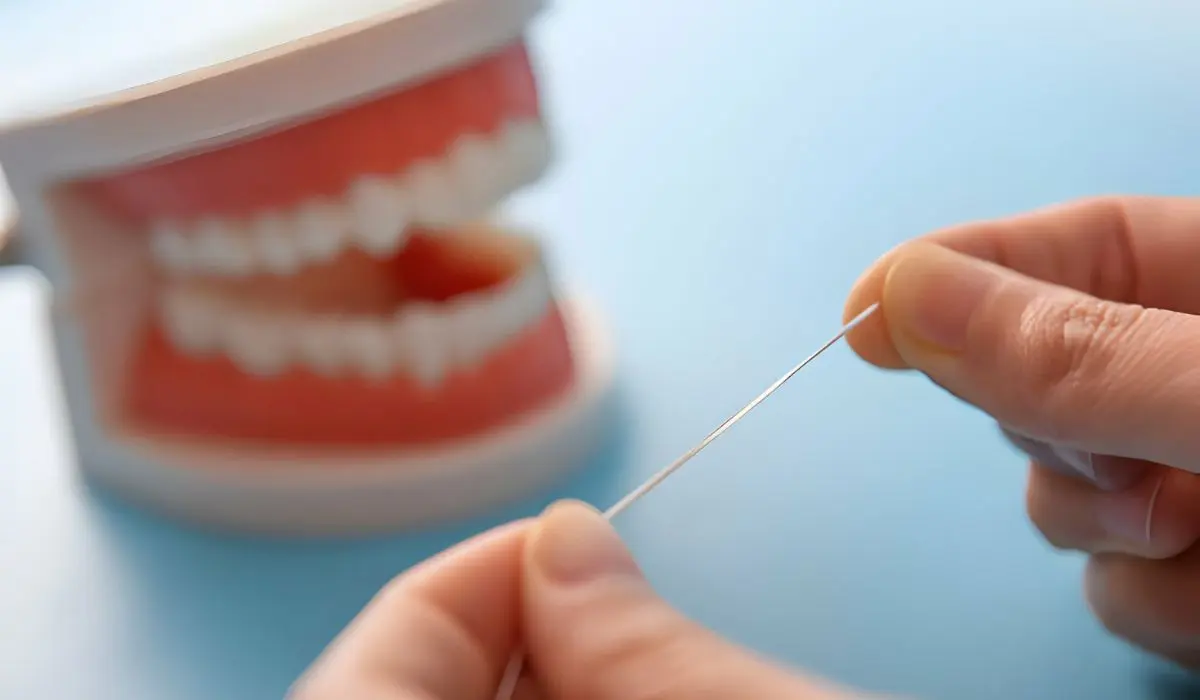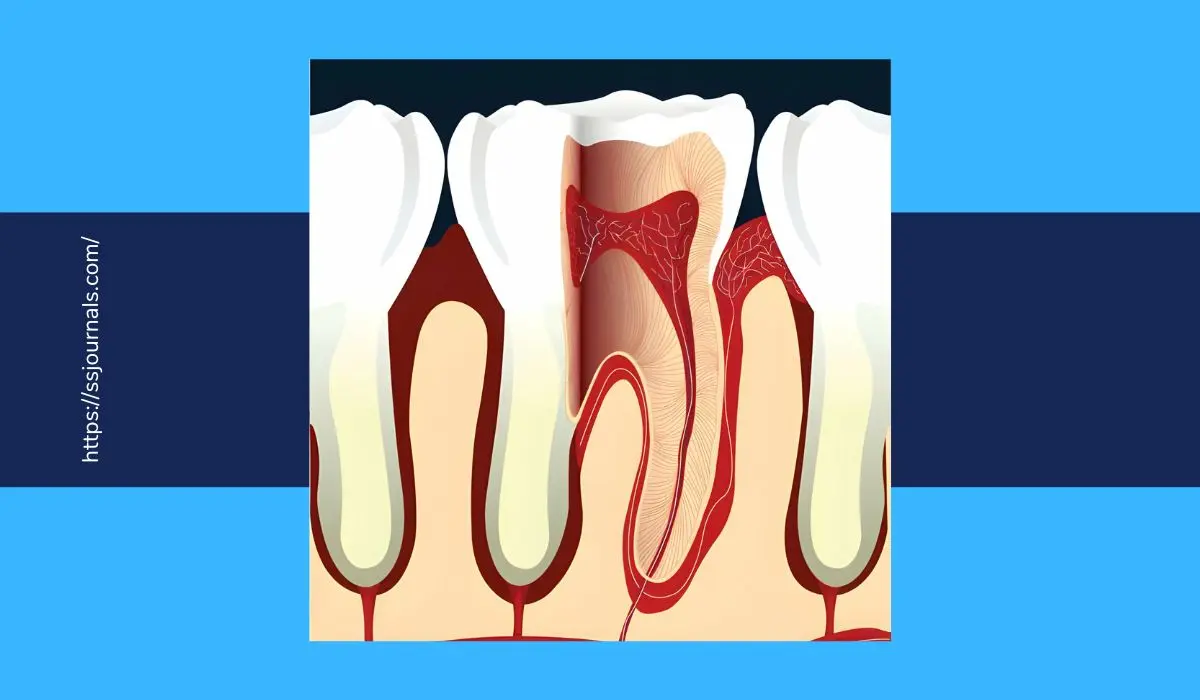You saw blood! Even if it was in your gums, it might have given you a little fright; flossing might cause bleeding sometimes. There isn’t anything to fear about in this case, as it can happen to anybody due to their daily habits and flossing patterns. Well, If you are concerned about your teeth’s health, there are some signs and indications that can help you measure your gum health and the reasons behind your bleeding.
So, to get ideas for better gum health and no bleeding gums, make sure you are getting awareness about your mouth health here:
Reasons Behind Your Bleeding Gum?
When it comes to bleeding gum, the most common reason behind it is your brushing or flossing techniques. If you are putting too much force on your gums while flossing or even brushing, it can lead to micro bruises on them and can even cause swelling in several areas.

The swelling in your gums can lead to lost gums and usual bleeding as well. Anyway, have a look at the most common and some other reasons that might be causing your gums to bleed while flossing:
1. It May Caused By A Periodontal Disease
Your gums are a collection of strong tissues holding your jawbone and teeth crowns altogether inside your mouth. So, brushing or flossing your teeth irregularly and with hard bristled brushes can damage your gums, creating plaques in various areas. The usual indications of periodontal diseases, like pyorrhea, are swollen, red, and bleeding gums. If that’s the case, make sure to go to your dental instructor and seek care immediately.
2. Being Too Harsh On Your Gums
Well, improper technique in brushing and flossing, you might have heard it for the first time. However, the technique you brush or floss your teeth with depends on your gum health a lot. Whether you floss your teeth too hard or floss your teeth intensely, it damages the upper layer of your gums, and they start to bleed. This is usually not a thing to be concerned about, so make sure you aren’t stopping your everyday flossing because of it, as it keeps your teeth and gums healthy.
3. Presence Of Bacteria Or Plaque
Usually, when you eat something, it gets chewed and then swallowed, but when you do that, some food materials get stuck in the lower areas between your teeth and gums, called plaque. When you are not serious about your teeth’s health and don’t brush or floss properly, it can harden over time and turn into Tartur filled with bacteria.
This tartar can cause gingivitis and inflammation in your mouth, leading to gum bleeding as well. So, make sure you are getting your dentist’s appointment as soon as this happens for better chances of prevention from serious issues.
Should You Consider Dental Care?
Prior to seeking dental care, there are some technicalities that you should be aware of. The first thing to know is whether your bleeding is temporary or chronic; if it is temporary and stops after a couple of minutes, there is no need to consult your dentist. However, if your gum bleeding is chronic and pains a lot when you floss or brush your teeth, you should seek dental attention immediately, as it can be due to your gingivitis or other periodontal diseases.
Your dentist might suggest some hygiene maintenance routines and prescribe you special creams or toothpaste. However, maintaining your gums and teeth health at home is a much safer and more convenient option for anyone with the condition. Anyway, all of the dental care activities and daily habits you can follow for better gum health are mentioned further.
Daily Activities Proven To Reduce Gum Bleeding
So, when you are looking for home remedies for your bleeding gums while flossing, some proven activities promote gum health if followed regularly. If you have chronic gum bleeding, and it happens every time you floss or brush your teeth, you might have poor dental hygiene or other periodontal disease. However, all those are treatable if you are following these activities without fail every day.
1. Do Salt Water Gargles
When you have bleeding gums, one of the main reasons behind it is bacteria or plaque, which inflames your gums and makes them prone to bleeding every now and then. If you are looking for a simple remedy for your condition, you can gargle your mouth with salt water every day. The salt mixed with water can reduce the bacteria infestation, soothe your gums, and make them healthier over time. You can even use an equal mixture of water and hydrogen peroxide as a disinfectant on your gums and reduce your bleeding over time.
2. Quit Your Addictions
You might know what healthy gum looks like; it’s pink and tightened around your teeth without any loose ends or discoloring. However, if you smoke or drink frequently, it makes your gums weaker and loosened over time. So, now it’s time to take precautionary measures and reduce your addictions to zero if you want to get better gum health and reduce the bleeding as well.
3. Don’t Stop Your Flossing
Usually, when you see bleeding in your gums while flossing, your instincts might suggest you stop flossing for some time. However, that’s where you might want to be aware that you should continue your daily flossing and make sure your teeth and gums stay clean even more. Why, you ask? Well, if you stop flossing your teeth after bleeding, the underlying condition, whether it’s bacteria, plaque, or any periodontal disease you have, might get worse without hygiene.
Summing Up
In the end, one of the most important things to remember while flossing is that you are using high-quality and smoother floss for the process. It will keep your gums damage-free and might even soothe your inflammation over time. Another thing is to maintain your diet; you can eat a nutritious and plant-based diet as an alternative to your current diet, and it might help you reduce your gum bleeding to a minimum.

